Imports of the fruit reinstated as pest problems removed after evaluations
The General Administration of Customs on the mainland lifted the ban on imports of sugar apples from Taiwan on Tuesday, after restricting them due to the detection of harmful pests since 2020.
"The mainland is willing to make joint efforts with those on the island to provide help for resuming the import of agricultural and fishery products to the mainland," Zhu Fenglian, spokeswoman for the State Council Taiwan Affairs Office, said in a statement on Tuesday.
The temporary ban on sugar apples was implemented in September 2020 after several shipments from Taiwan contained a type of pest that posed a risk to plant health, Zhu said.
Politicians and business leaders from Taiwan, including Hsia Li-yan, vice-chairman of the Chinese Kuomintang, and Rao Ching-ling, head of Taiwan's Taitung county, had previously called for the resumption of exports and had taken steps to improve the quality of the products, she said.
The mainland decided to allow the imports from Tuesday after comprehensive evaluations, Zhu said, adding that only registered packaging factories and orchards are allowed to export to the mainland.
Rao said, "If Taiwan wants to sell its products, it should not give up any market easily, especially the vast mainland market."
She called for the resumption of cross-Strait cooperation in the trade of pineapples and sugar apples during the 15th Straits Forum, the largest cross-Strait exchange event held since the COVID-19 pandemic, in Xiamen, Fujian province over the weekend.
Taitung has solved the problem of harmful pests in agricultural products through cooperation among industry, academia and government, she said.
Rao said that during the peak of cross-Strait exchanges, Taitung's tourism industry flourished, and farmers expanded their planting areas due to the increasing demand for agricultural products.
"In fact, this was not only the case in Taitung, the whole of Taiwan had exchanges with the mainland in almost every field and every project, from economic to traditional cultural exchanges, from folk beliefs to marriages, from grassroots governance discussions to youth entrepreneurship exchanges," she said.
Rao hopes that both sides can strengthen cooperation and continue to communicate on the basis of the 1992 Consensus.








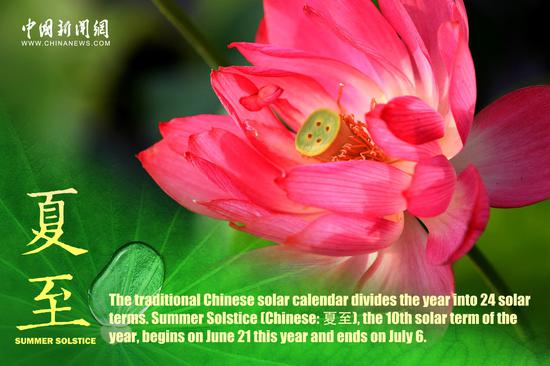
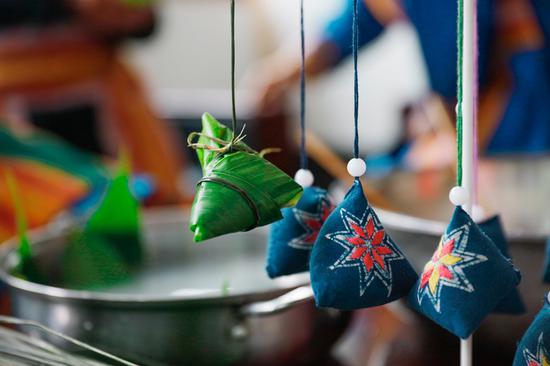







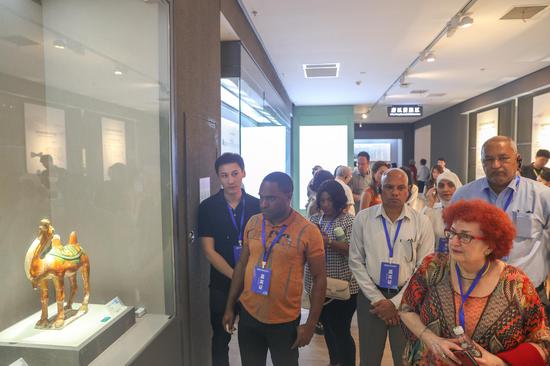





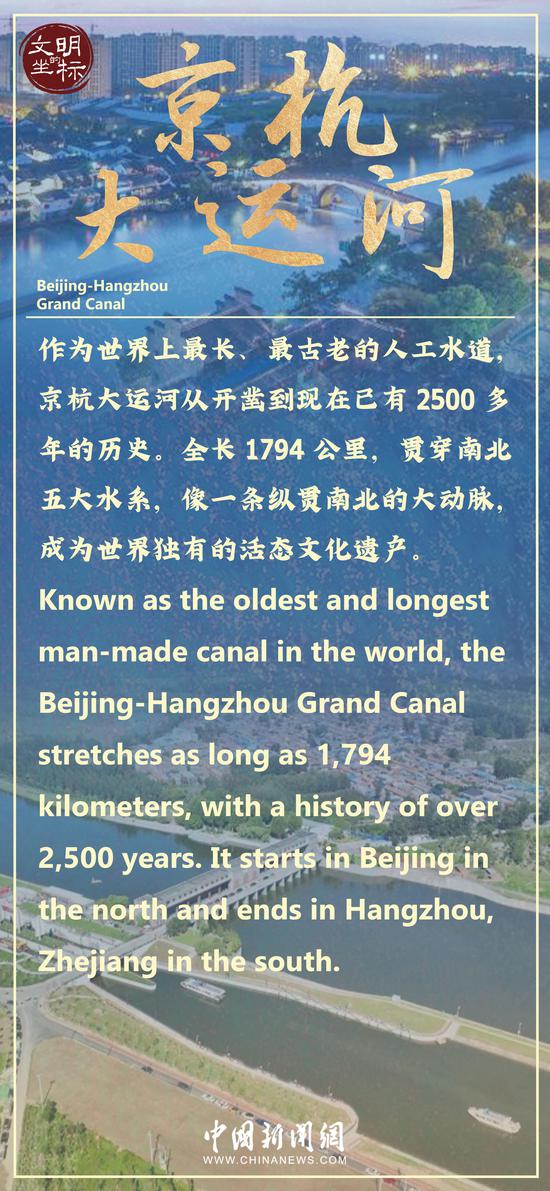


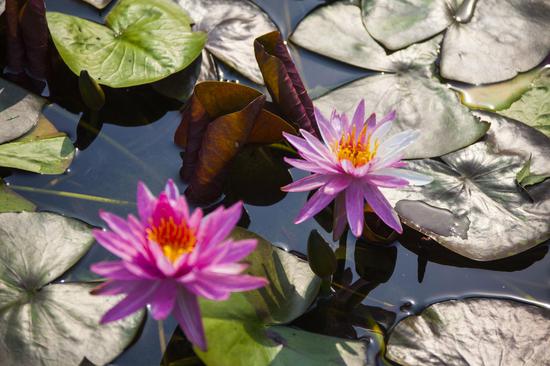



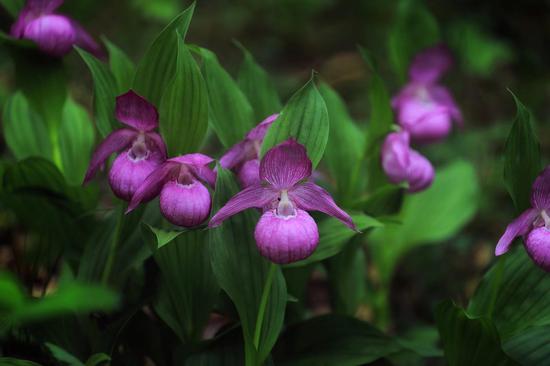

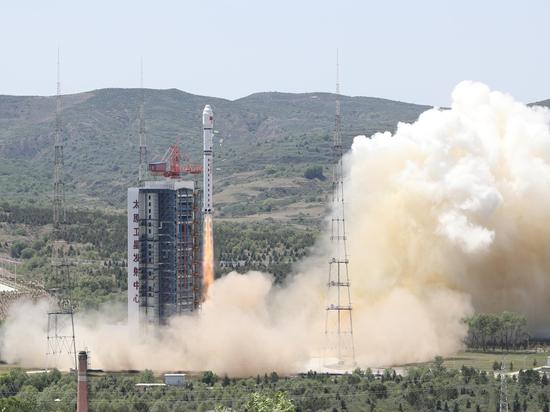


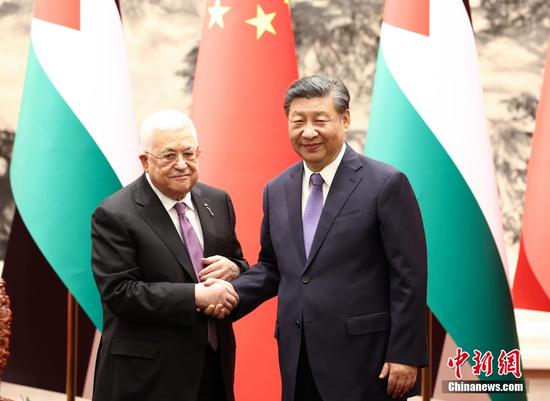
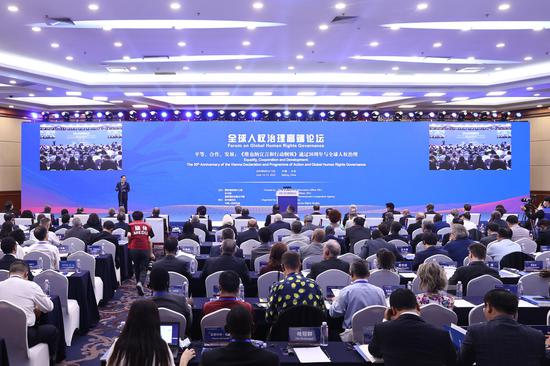

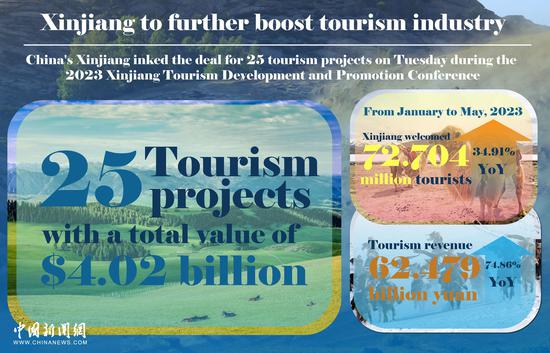
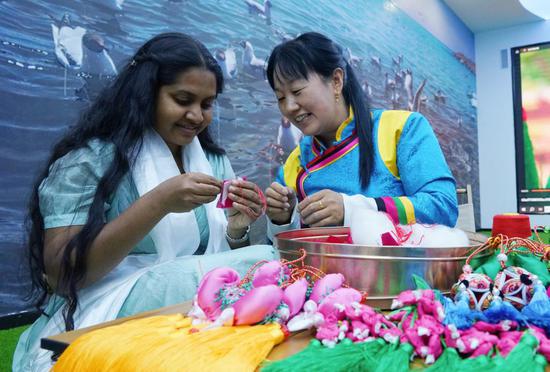

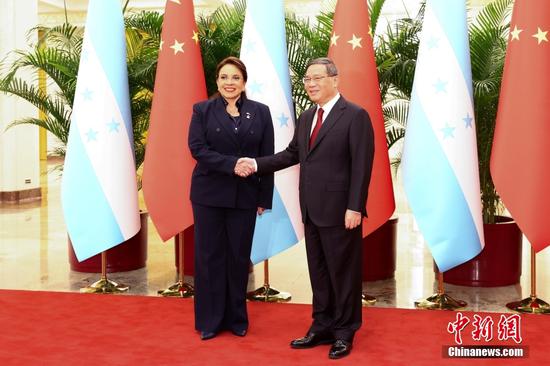








 京公网安备 11010202009201号
京公网安备 11010202009201号